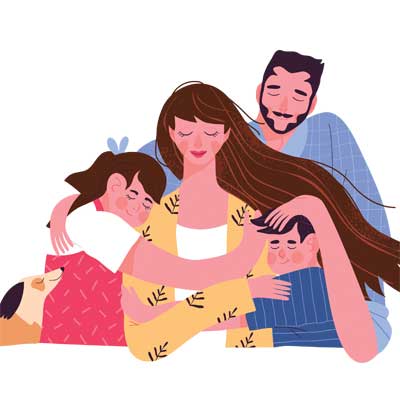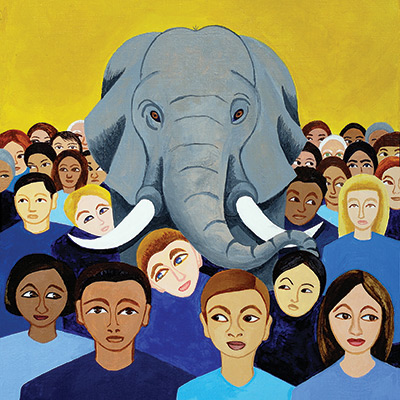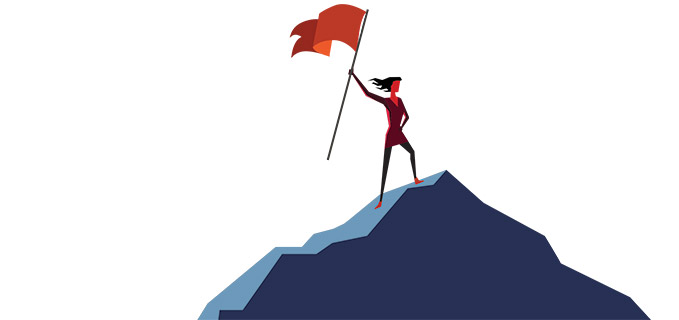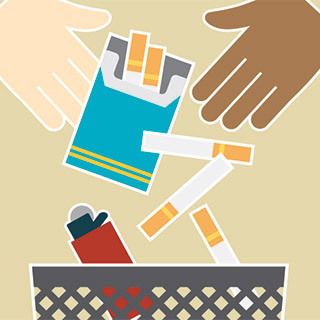Want to help someone break a bad habit? Instead of nagging and pleading, try these expert suggestions instead.
Category: Addiction
Digital Detox
I have a confession to make. I’m addicted. Yes, you read that right. Let me explain. I don’t smoke, do drugs, or drink alcohol. Neither do I use opioids or painkillers. My addiction isn’t to any kind of substance that I ingest. My addiction is to a little three-inch by six-inch oblong-shaped box made of […]
How the Internet Is Changing Your Brain
When Google was founded in 1998, it processed 10,000 search queries per day. It now processes, on average, over 40,000 search queries every second. That is 3.5 billion searches per day. And those numbers don’t include all the searches people complete using other search engines. With instant access to each other and a world of […]
Complicated Compassion
You probably know and love someone who is currently making bad decisions. You want to help, but you worry that your help enables them to continue making bad decisions. Whether they’re struggling with addiction, lack of motivation, criminal behavior, or other poor choices, how can you show them love and support in a way that will set them free?
How Video Games Affect a Child’s Brain and Behavior
Like many parents with tech-savvy kids, educator Donna Volpitta, Ed.D., tries to provide practical guidance around electronics with her family, which includes two daughters and two sons, ranging in ages from 10 to 16. When it comes to video games, Volpitta’s fifth grader is typical of many boys his age. If kids aren’t coming over […]
7 Steps to Break a Habit
For some of us, it’s procrastination. For others, it’s overeating. And for still others, it’s perpetually showing up late, or nail biting, or gossiping. Whatever it is, we’ve all felt the pull of a bad habit (or several!) that we know we ought to kick but just . . . can’t. But don’t despair: habit […]
How to Help Someone You Love Quit Smoking
When the author was seven, she figured out how to get her dad to stop smoking. She thought. Now she has a better way.
Escaping Addiction's Cycle
A woman tells of her ex-husband, who became hooked on painkillers and muscle relaxants for years. “He could not hold a job, and we lost our house, our credit, and our friends. We tried counseling and drug treatment centers, both in-patient and out-patient, but nothing worked.” The man continued his addiction, becoming creative in finding doctors from out of state and even out of the country who would ship him pills.
Finally, for her own sanity and the safety of their two children, the woman left him. Here is her description of her husband’s life after she and the children departed: “He fell in and out of jobs and lived on the streets, with friends, or in homeless shelters. All this finally caught up with him, and he died of hepatitis C. He had not seen his children in three years and owed more than $50,000 in back child support. He died broke and alone.”
Killer Cocaine
There is a very common notion among people across the world that addictive drugs are substances that make people feel drunk and sleepy, and interrupt their natural senses. Though this may be true especially for alcohol, this simply is not the case for cocaine, a very dangerous drug commonly used.
Cocaine is a white powder that comes from the coca plant grown in Peru, Bolivia, and Colombia. Coca plants were initially reserved for use by Inca royalty. The rest of the population eventually used coca plant leaves for mystical, religious, social, and medical purposes. They exploited its stimulant properties to ward off fatigue and hunger, enhance endurance, and to promote a sense of well-being.
The invading Spanish forced the Incan people to work hard in the fields. But the Spanish quickly learned that their captives could barely do work in the fields without chewing on the coca leaf (then referred to as the “gift of the gods”). Eventually the coca leaves were harvested and distributed to the Incan workers three or four times per day.
With the use of this magical plant, the Incans were able to do much productive work. Soon the use of cocaine became so common that the leaves were used as money; distances were measured by how far one could travel before having to stop and replenish the leaves.
Coping With Addictions
Why do people do things that they know are harmful? The next time you go to the grocery store and see an elderly man pulling an oxygen bottle behind him with the tubes going into his nostrils at the same time he is smoking a cigarette, stop and think. Why is he doing something that he knows is the cause of his inability to breathe well? It doesn’t make sense, does it? That very man would probably advise others not to smoke while at the same time be unable to correct his own problem.










